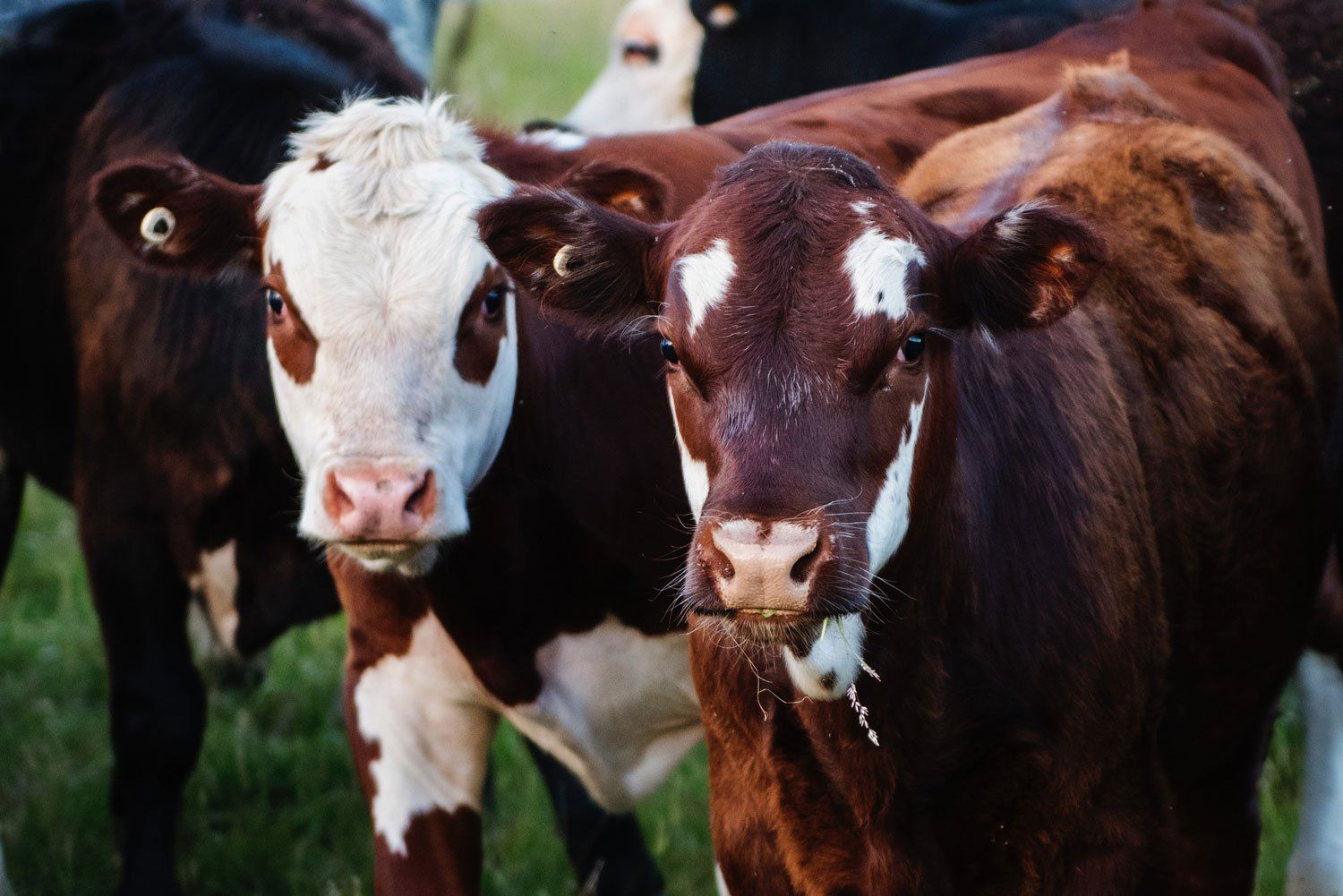1MG FlippingBooks
CSIRO proposes new technique to fight climate change on farm
The CSIRO has proposed a new technique to clean the atmosphere of methane, the second most powerful greenhouse gas produced by people.
Methane has a significantly greater impact than carbon dioxide in warming the planet over the first 20 years of its molecular life. Methane emissions from human activities are now greater than from all natural sources combined.
Agriculture and energy production, including emissions from cattle, rice paddies and oil and gas wells, is the largest contributor to methane emissions, with the livestock industry alone accounting for 56 per cent of Australia’s emissions. Collectively, this has resulted in methane concentrations in the atmosphere increasing by 150 per cent from pre-industrial times.
The CSIRO has proposed a novel way of removing all methane in the atmosphere produced by human activities – oxidising it to carbon dioxide. This would reduce global warming by 15 per cent, given methane has a greater warming effect than carbon dioxide.
This technique has the potential to restore the concentration of methane to levels present before the Industrial Revolution.
The CSIRO has calculated that the proposed procedure could be economically feasible and potentially even profitable, although future research will be needed to determine the precise chemistry and industrial infrastructure required. The organisation notes that this method of methane removal and atmospheric restoration offers a useful extra tool for governments to aim for strict climate targets whilst simultaneously providing new economic opportunities.
This new technique can be further supported by additional industry-specific action. Previous research conducted by the CSIRO revealed that the livestock sector’s emissions can be reduced by 4-11 per cent by adopting improved grazing management and increasing productivity from lower feed intake.
However, the CSIRO has stressed that even if successful, methane and other carbon-removal technologies are not substitutes for strong and rapid emissions reductions if humanity is to avoid the worst impacts of global warming.
You can read more about the CSIRO’s plan for methane emissions by clicking here.

















